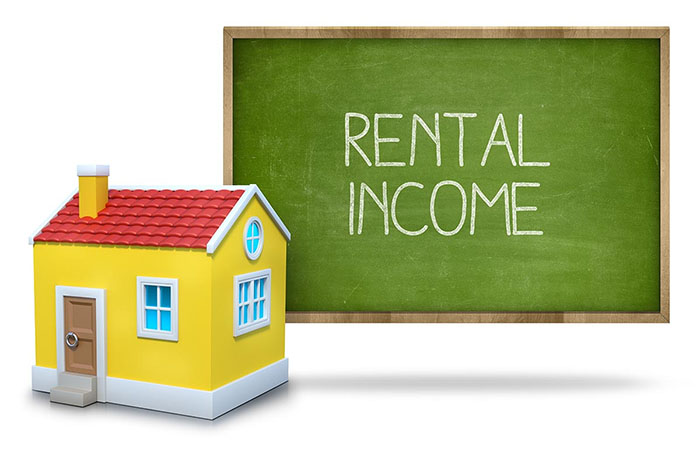Understanding Your Lease Agreement
Before diving into specific landlord responsibilities, it’s crucial to thoroughly read and understand your lease agreement. This legally binding document outlines the terms of your tenancy, including the responsibilities of both you and your landlord. Don’t hesitate to ask questions if anything is unclear. A well-understood lease prevents misunderstandings and potential disputes later on. Pay close attention to clauses addressing repairs, maintenance, and access to the property.
Habitability: The Landlord’s Legal Obligation
In most jurisdictions, landlords have a legal obligation to provide a habitable dwelling. This means the property must meet basic health and safety standards. This generally includes working plumbing, heating, and electrical systems, as well as proper sanitation and pest control. The exact standards vary by location, so it’s wise to familiarize yourself with your local tenant laws. If your landlord fails to maintain habitability, you may have legal recourse, potentially including rent reduction or termination of the lease.
Repairing and Maintaining the Property
Landlords are typically responsible for repairing and maintaining the structural components of the property. This usually covers major systems like the roof, foundation, plumbing, electrical wiring, and heating and cooling systems. However, the lease agreement will often specify what constitutes “major” repairs versus the tenant’s responsibility for minor maintenance and repairs. It’s important to differentiate between normal wear and tear and damage caused by negligence. Always report needed repairs promptly and in writing to your landlord.
Dealing with Pest Infestations
Pest infestations, like rodents or insects, are generally the landlord’s responsibility to address. This often involves professional pest control services. However, tenants usually have a responsibility to maintain a reasonably clean living space to prevent infestations. If you notice a pest problem, document it thoroughly and notify your landlord immediately. Failure to address the issue can significantly impact the habitability of your dwelling, giving you grounds to take action.
Ensuring Safety and Security
Landlords are responsible for providing a reasonably safe and secure living environment. This includes maintaining functioning smoke detectors and carbon monoxide detectors. In many areas, landlords are required to install and maintain working locks on exterior doors and windows. Landlords should also address safety hazards like broken stairs or loose railings. If you discover a safety issue, report it immediately; failure to do so could have serious consequences.
Addressing Issues with Appliances
The responsibility for appliance repair can vary depending on the lease and local laws. If the appliances are considered part of the property’s permanent fixtures, the landlord is usually responsible for repairs. This generally includes ovens, refrigerators, dishwashers, and washing machines. However, if the appliances are considered personal property or included as a courtesy, the landlord may not be obligated to repair them. Always clarify this aspect in your lease or with your landlord.
Communicating Effectively with Your Landlord
Effective communication is key to a positive landlord-tenant relationship. When reporting a repair, always do so in writing, preferably via certified mail or email with a confirmation of receipt. Keep records of all communication, including dates,






